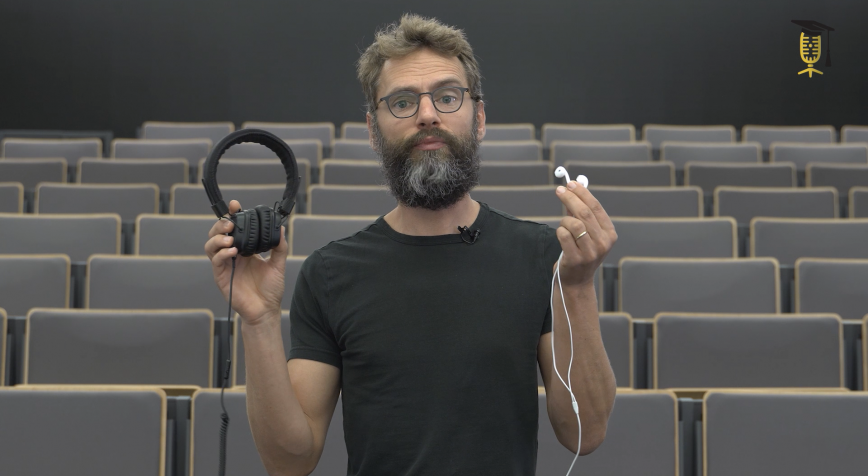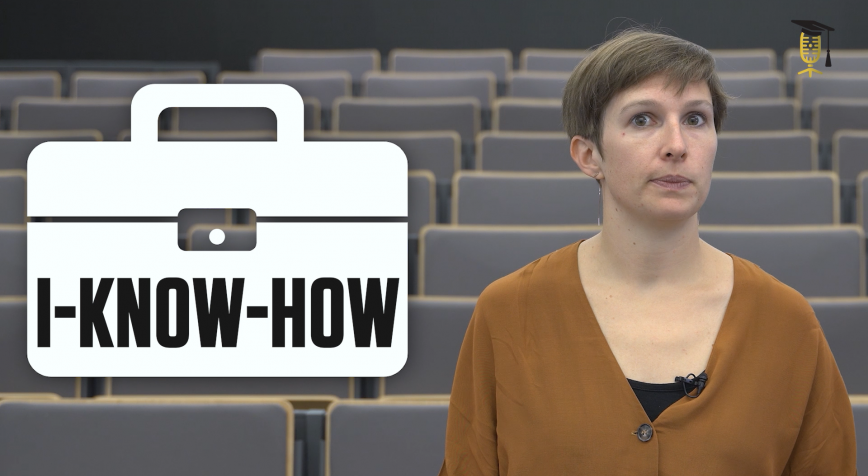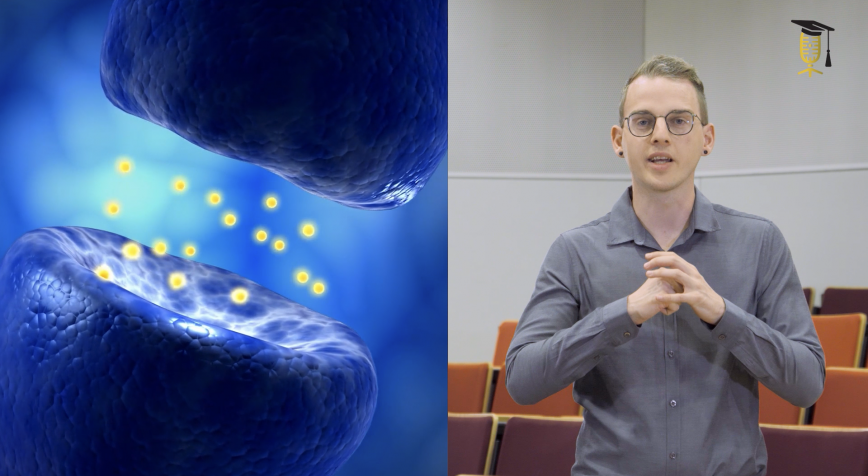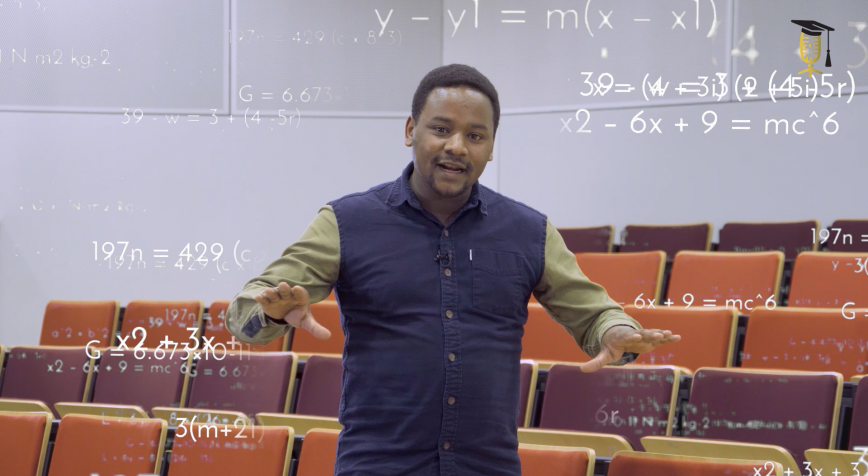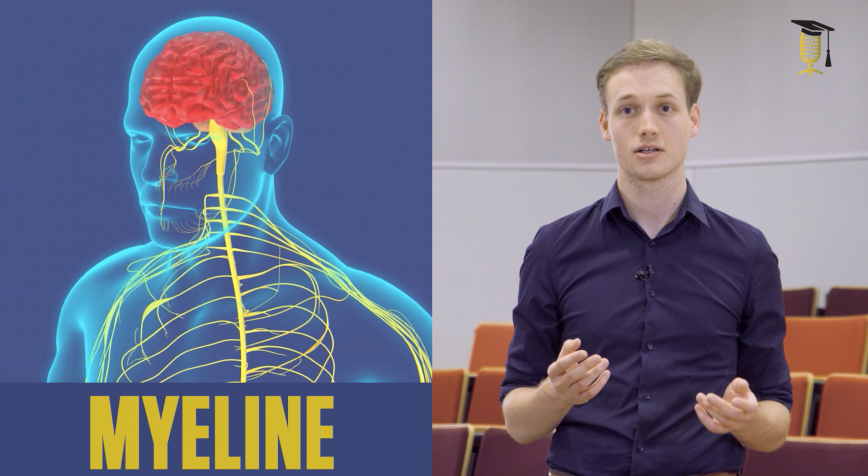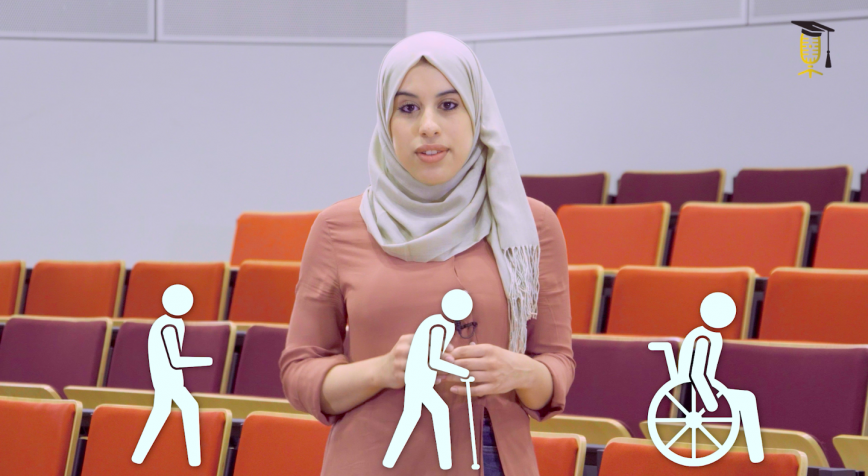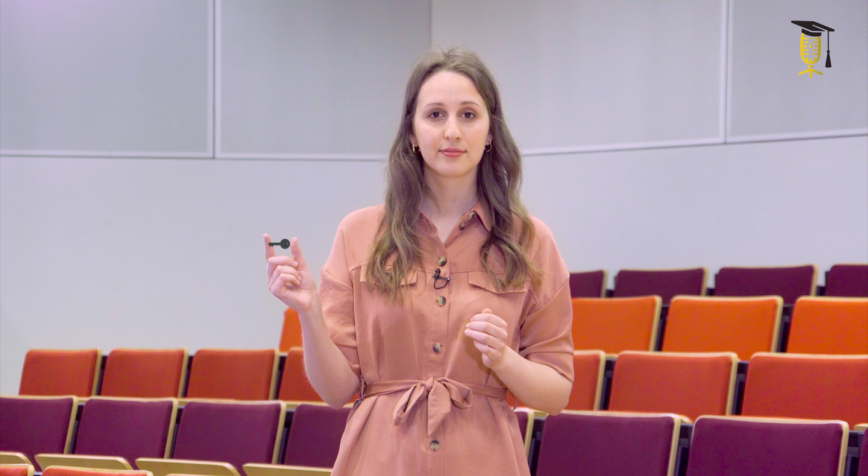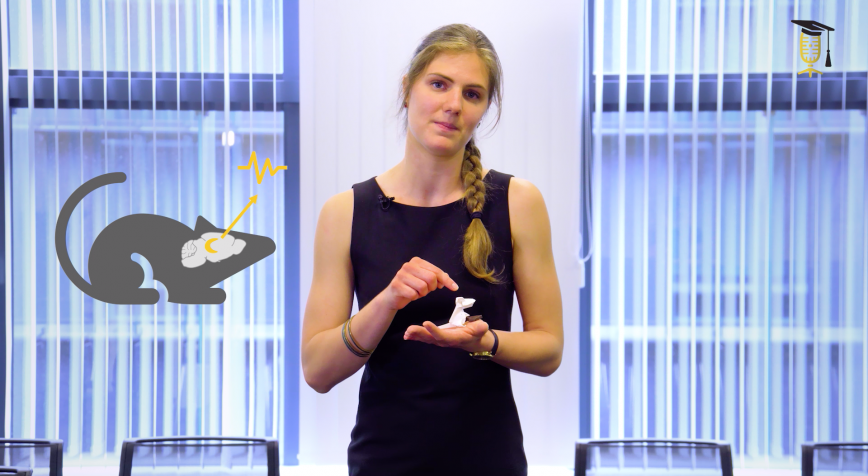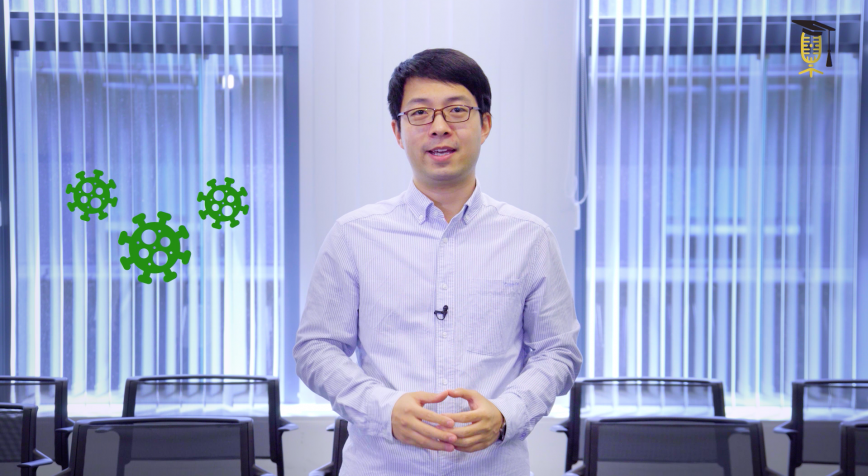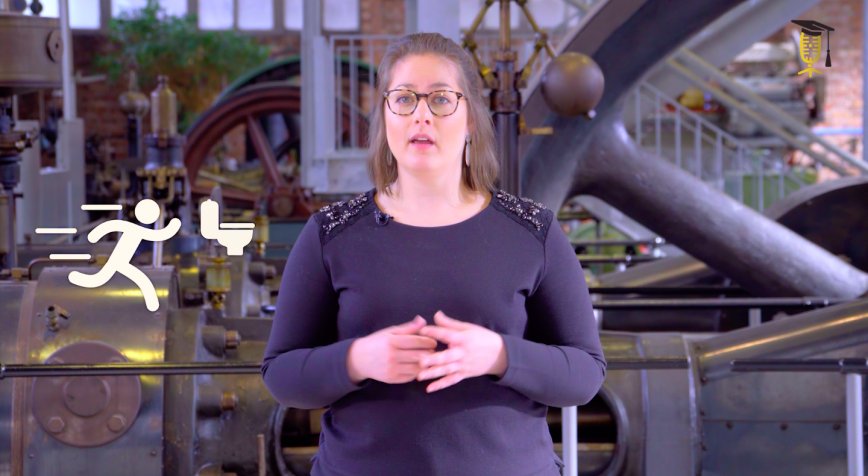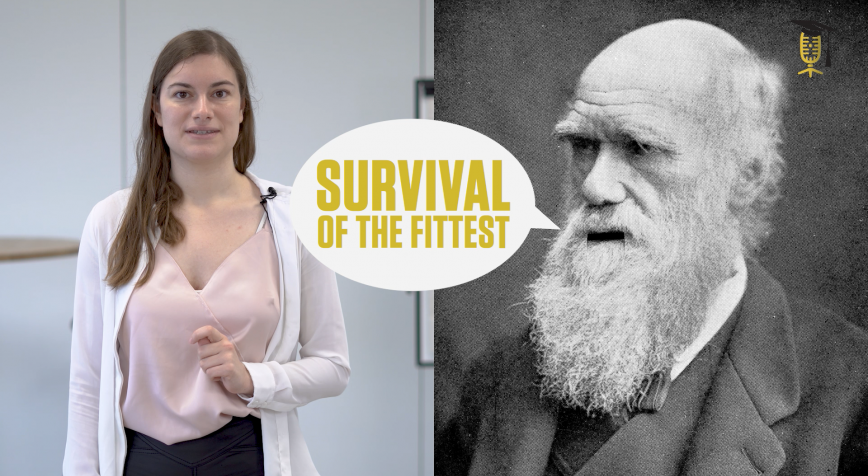
KU Leuven
VIB
Evolution after gene loss: how the tortoise wins over the hare
"Evolution is like a race: the individual who can reproduce the fastest wins the race. But we all know of one race that was not won by the fastest..." Jana Helsen (KU Leuven - VIB) explains how evolution is sometimes a bit like the fable about the tortoise and the hare.

